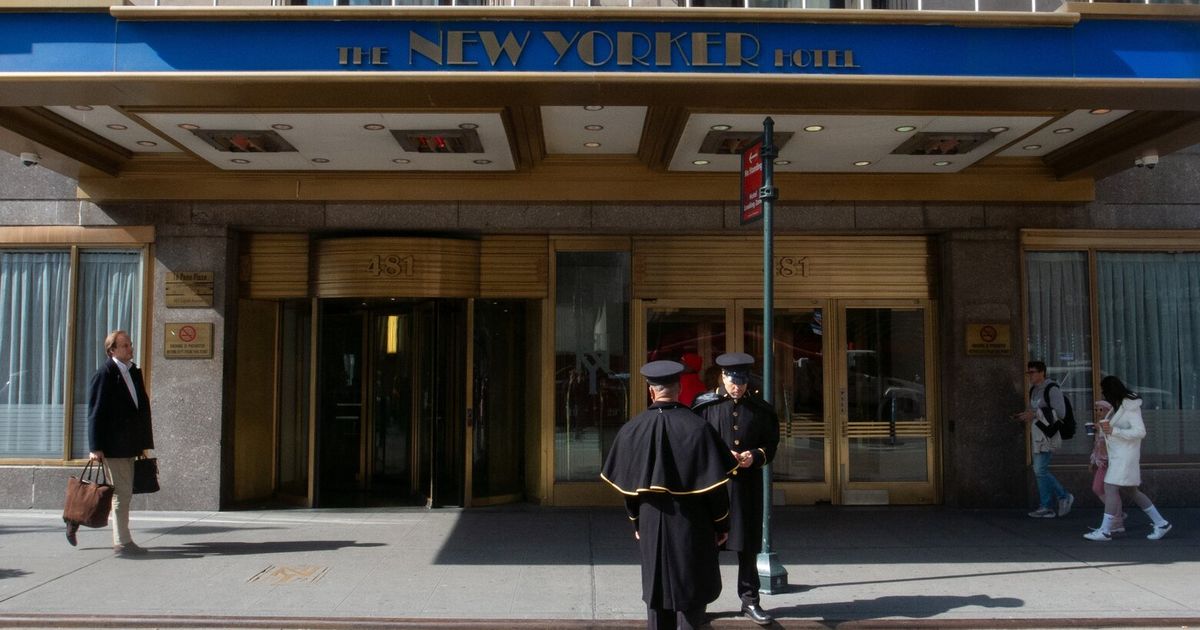Ben Bernanke, the former US Federal Reserve chair, has been awarded this year’s Nobel prize in economics together with Douglas Diamond of the University of Chicago and Philip Dybvig of Washington University, for their work on the role of banks in the economy and financial crises.
The committee handing out the SKr10mn ($886,000) award said the laureates’ work, which began in the early 1980s, had “improved our ability to avoid both serious crises and expensive bailouts”. The trio will share the prize equally.
“We didn’t know it at the time, but 15 years ago, much of the world stood at the brink of a devastating economic crisis. Most of us were unprepared for it. A few academic economists were both prepared and worried,” said Hans Ellegren, secretary-general of the Royal Swedish Academy of Sciences, on Monday.
The committee took an unusual step in awarding the prize to an economist better known for his role in policymaking than for his academic contributions. But Bernanke, who oversaw the Fed’s response to the 2008 global financial crisis and subsequent recession, was already known for his analysis of the Great Depression of the 1930s — in which he showed that bank runs had been a decisive factor in causing the crisis to be so deep and prolonged.
His insight, which went against conventional wisdom at the time, underpinned “crucial elements of economic policy” not only in the Fed’s response to the 2008 crisis but also in the measures taken to avert a more severe global downturn when the coronavirus pandemic hit in 2020, the committee said.
Bernanke, who led the Fed for two terms from 2006 to 2014, was criticised in some quarters for failing to foresee the 2008 crisis and failing to tackle the problems building in property markets, and for then deploying vast sums of public money to rescue some Wall Street companies from the consequences of their bets on subprime mortgages.
He also pioneered the use of unconventional monetary policy, launching the Fed’s quantitative easing programme to boost the economy when interest rates were already at zero. Some economists believe the loose monetary policy was instrumental in restoring the US economy to growth; but others say it fuelled inequality, artificially inflated asset prices and ushered in a period of cheap money that sowed the seeds of the current inflation crisis.
Diamond and Dybvig laid the foundations of modern bank regulation with their development of theoretical models showing why banks exist, why they are vulnerable to rumours of impending collapse and how this vulnerability can be addressed, the committee said.
In a key article published in 1983, the two men explained that banks perform a crucial function by acting as intermediaries between savers, who want instant access to their money, and borrowers, who need long-term financing — but are inherently vulnerable when people start to believe that more savers are about to withdraw money than the bank can cope with.
Diamond and Dybvig presented a possible solution to this problem: deposit insurance schemes in which governments guarantee savers’ money, stopping a bank run before it starts. Schemes of this kind are now in place in many countries.
The committee also drew attention to a 1984 article published by Diamond, in which he showed that banks play an important role in monitoring borrowers to ensure they will honour their debts — reducing losses and so keeping down the cost of credit to the benefit of society as a whole. Widespread bank failures can cause the knowledge built up on borrowers to be lost.
The economics prize — officially known as the Sveriges Riksbank Prize in Economic Sciences in Memory of Alfred Nobel — was the last Nobel award this year. The work of the three laureates had jointly shown the importance of preventing widespread bank collapses, to great practical effects, the committee said.
Diamond, speaking on Monday after the prize was announced, said recent memories of the 2008 crisis, and the improved regulation put in place as a result, had left the system much less vulnerable than in the past. This was the case even though the rapid global rise in interest rates to address soaring inflation had “set off some fears around the system”, as seen recently in the turbulence around UK pension funds.
But he warned that while banks were “in good shape”, problems could emerge in other areas where there was a mismatch between assets and liabilities. “Crises can show up anywhere in the financial sector — it doesn’t have to be commercial banks,” he said.
















